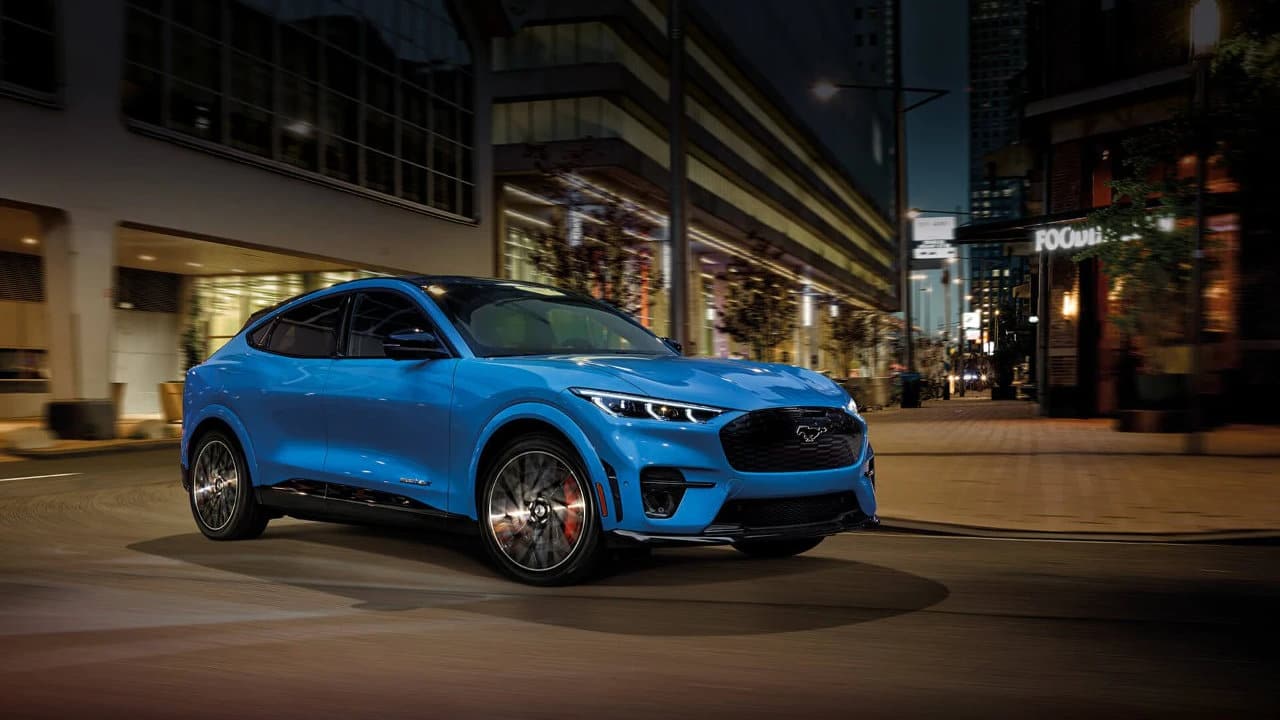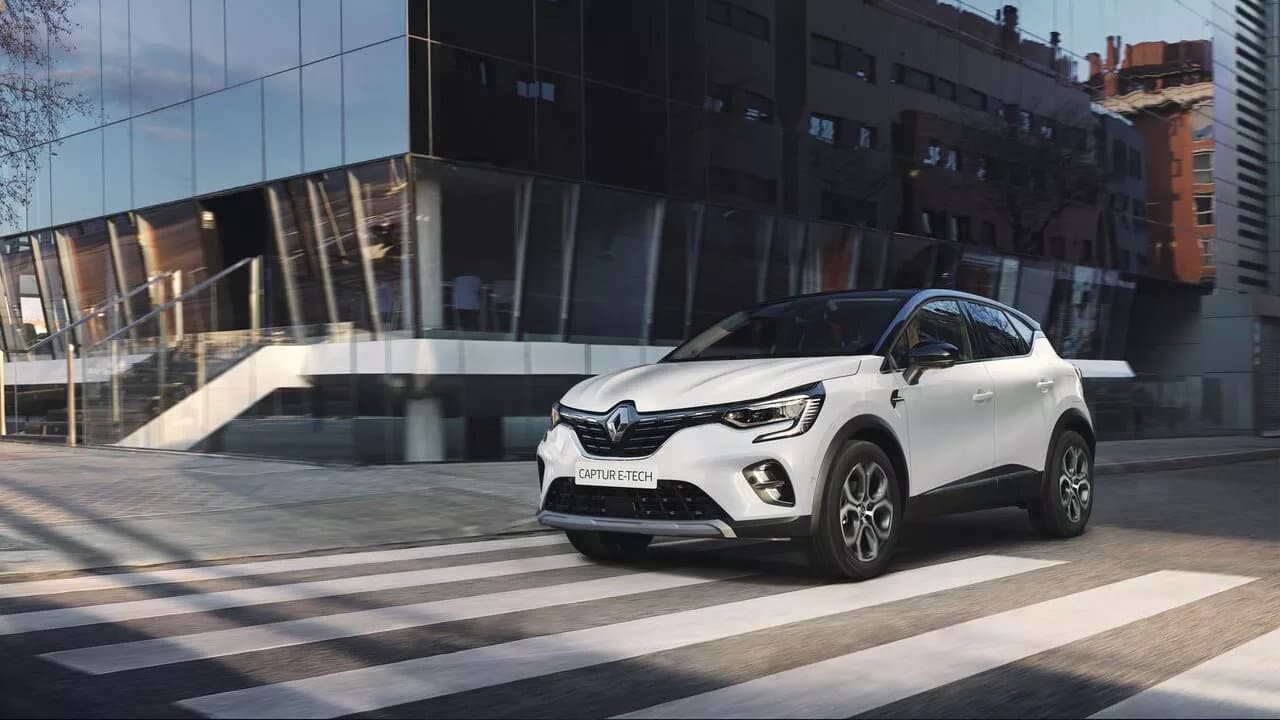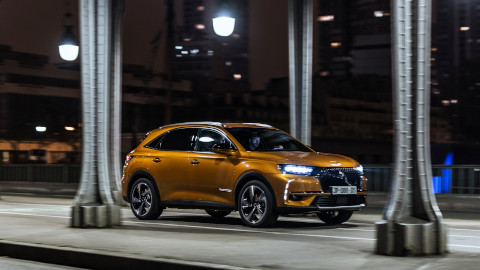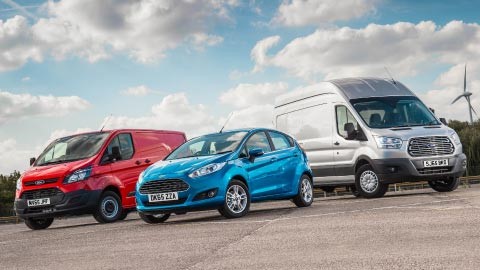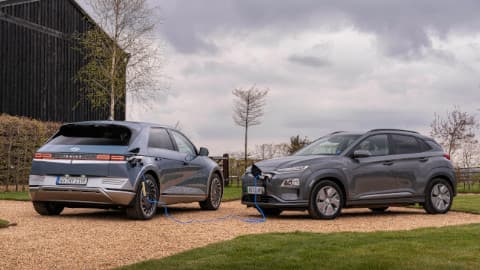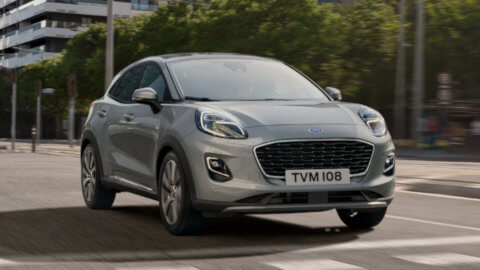Company Car Tax Rules 2021/2022
09th Jul 2021
By Nathan Dale
How are company car tax rates calculated?
Company car tax rates are calculated by multiplying the value of the vehicle (also known as the P11D value) by its benefit-in-kind (BIK) rate, and then multiplying that figure by your income tax bracket, which is either 20 percent or 40 percent in England.
Formula for calculating company car tax
For example, take the Ford Puma 1.0-litre EcoBoost Mild Hybrid ST-Line. At the time of writing, that car has a P11D value of £22,760, and a BIK rate of 28 percent.
£22,760x28% = £6,373 (to the nearest whole pound). Multiplied by 20 percent for lower-rate tax payers, that works out at £1,275 per year in company car tax, or £2,549 for 40 percent tax payers*. Company car tax is paid monthly.
What is a P11D value?
The P11D value is the value of the vehicle in the eyes of HMRC. This is the list price of the car including factory-fitted options, VAT and delivery charges. The P11D value doesn't include road fund licence or first registration fee.
The BIK rate of tax you'll pay on your company car varies depending on which tax band it is in, which is determined by the car's CO2 levels.
Your company car tax rate may also be lower if you only have the vehicle part-time, or if you contribute to the cost of purchasing said vehicle.
Company car tax bands
The tax band your company car is in depends on the amount of CO2 emissions it produces. The 2021/2022 benefit-in-kind rates can be found below, and apply only to cars registered after 6 April 2020.
|
CO2 (g/km) |
Electric range (miles) |
2021-22 (%) |
|
0 |
N/A |
1 |
|
1-50 |
>130 |
1 |
|
1-50 |
70-129 |
4 |
|
1-50 |
40-69 |
7 |
|
1-50 |
30-39 |
11 |
|
1-50 |
<30 |
13 |
|
51-54 |
|
14 |
|
55-59 |
|
15 |
|
60-64 |
|
16 |
|
65-69 |
|
17 |
|
70-74 |
|
18 |
|
75-79 |
|
19 |
|
80-84 |
|
20 |
|
85-89 |
|
21 |
|
90-94 |
|
22 |
|
95-99 |
|
23 |
|
100-104 |
|
24 |
|
105-109 |
|
25 |
|
110-114 |
|
26 |
|
115-119 |
|
27 |
|
120-124 |
|
28 |
|
125-129 |
|
29 |
|
130-134 |
|
30 |
|
135-139 |
|
31 |
|
140-144 |
|
32 |
|
145-149 |
|
33 |
|
150-154 |
|
34 |
|
155-159 |
|
35 |
|
160-164 |
|
36 |
|
165-169 |
|
37 |
|
170+ |
|
37 |
The first row is made up of battery-electric cars only. They produce the lowest amount of CO2 emissions (zero) and are therefore in the lowest company car tax band. The next four rows are relevant for plug-in hybrid cars, which have some amount of pure electric range but also utilise a petrol or diesel engine.
From then on, it's a sliding scale based on the CO2 output of your vehicle. The more CO2 it emits, the higher the company car tax band, and the more you'll pay (as a percentage of overall cost).
Diesel company car tax
Diesel vehicles are subject to an additional four percent surcharge on top of the figures shown above. For example, a diesel car that emits 104g/km of CO2 will be taxed at 28 percent in the 2021-22 financial year. Diesel plug-in hybrids are not subject to this surcharge.
Company car tax on electric cars
The rate of company car tax on electric cars is extremely low at the moment, at just one percent BIK, making them an attractive proposition for company car users. This figure is set to rise to two percent for the 2022-23 financial year.
This is largely thanks to the government's keenness to reduce CO2 output levels. It hopes to encourage company car buyers to switch to electric cars and take advantage of what is a significant financial incentive.
Using the formula we discussed above, a top-of-the-range fully electric Renault ZOE GT-Line works out at a total of £69 in company car tax per year for employees who are 20 percent tax payers. Monthly, this is an incredibly low £5.75 in tax*.
Hybrid company car tax
Hybrid cars are a great way to lower the amount of company car tax you are paying, especially if a fully electric car isn't suitable for you.
Like any other car, hybrid cars, including mild hybrids, full hybrids and plug-in hybrids, are taxed on their level of CO2 output.
Plug-in hybrids vary slightly in that if they emit less than 50g/km of CO2, their BIK tax rate decreases depending on the number of miles they are capable of travelling on electric power alone.
The further they can go without emitting any tailpipe emissions (as determined by official test figures), the less you'll pay in company car tax.
Find your perfect company car with Evans Halshaw
With so many things to consider when choosing your next company car, it's important to get all of the information you need to make the right decision.
At Evans Halshaw, our friendly sales associates are knowledgeable in the area of company cars, and can help advise about what vehicle is the most suitable for you.
We also have some of the best business contract hire offers available across a wide range of vehicles, including hybrid and electric cars.
*Example only. Actual payments may vary depending on individual circumstances.



